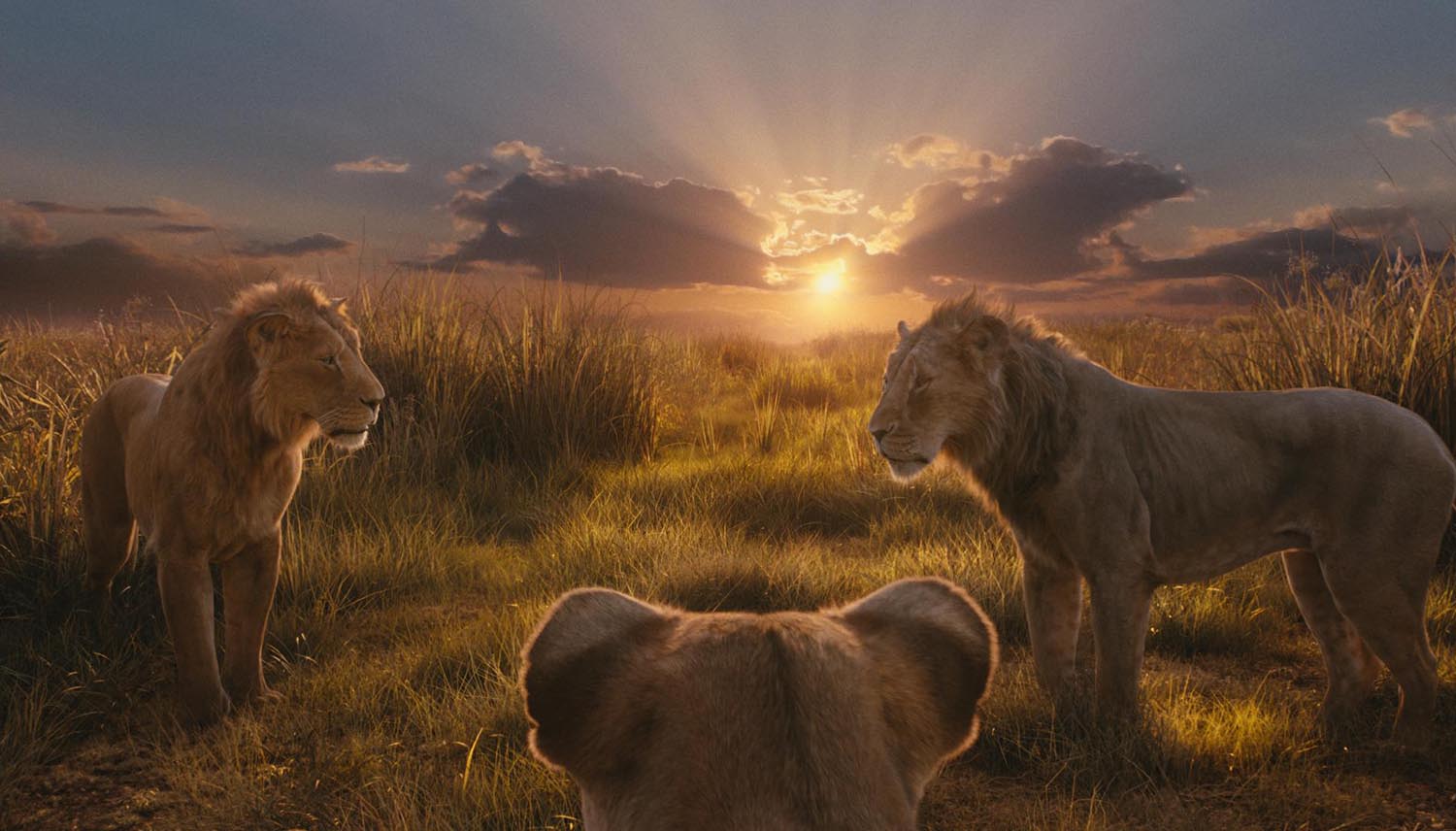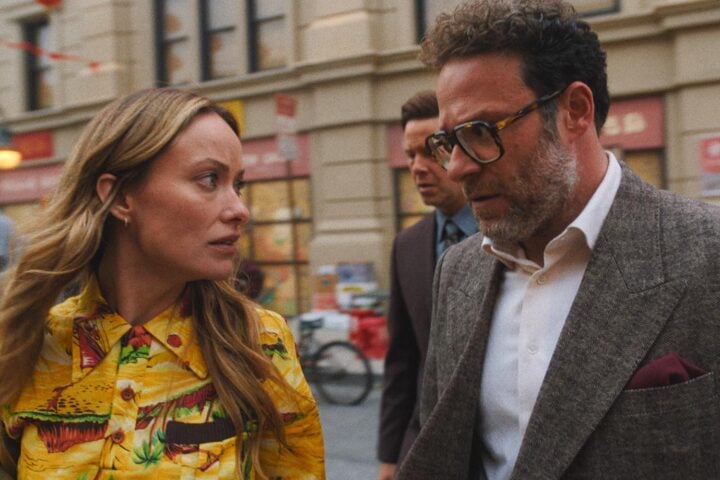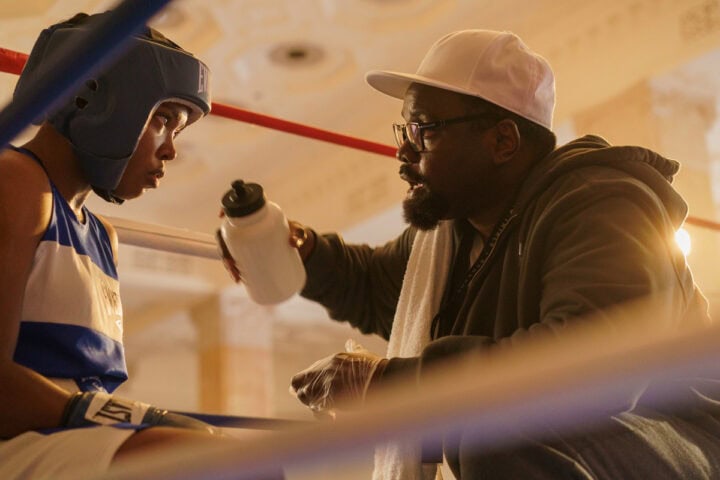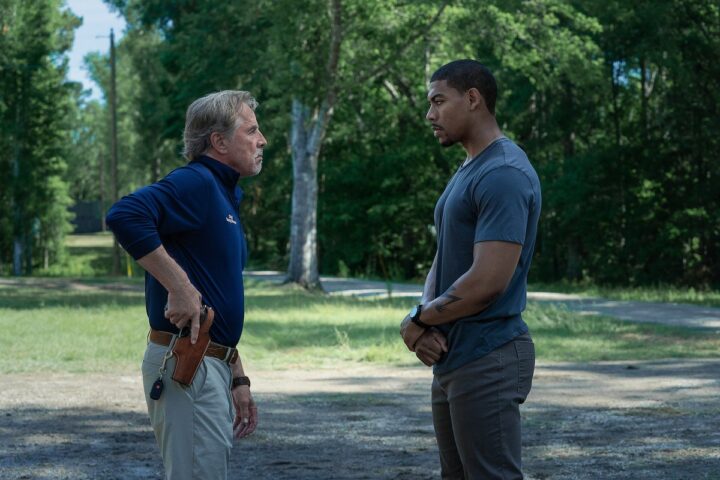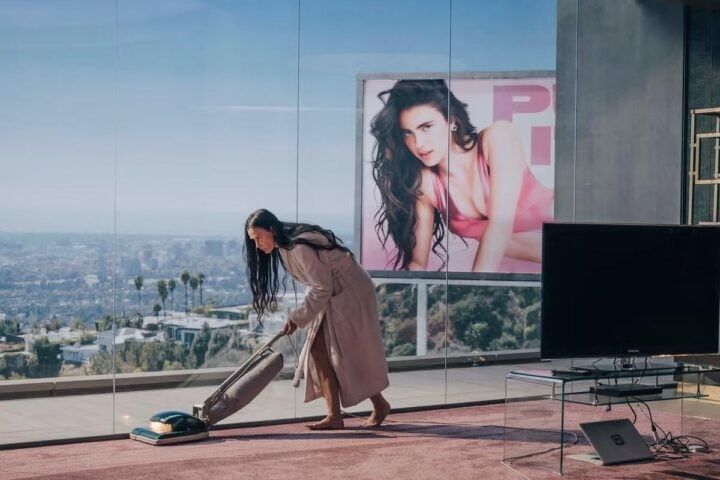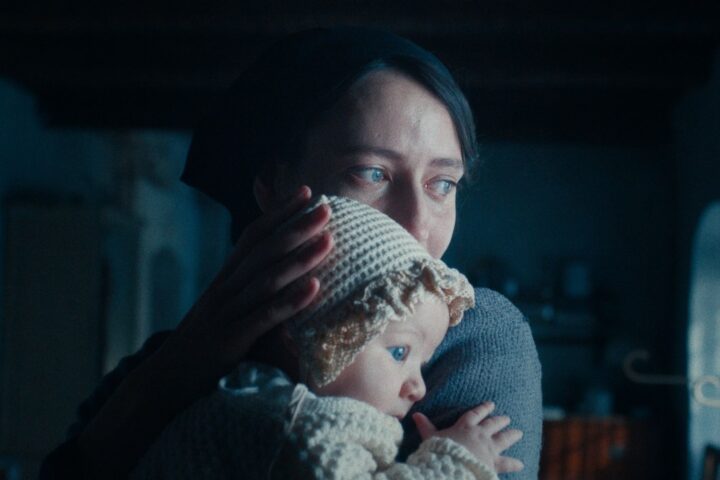Jon Favreau’s photorealistic remake of The Lion King from 2019, like many of the other various live-action Disney remakes over the years, offered no real justification for its existence beyond being a showcase for the impressive technology powering the animation. Which makes Barry Jenkins’s Mufasa: The Lion King, a prequel to 1994’s The Lion King, all the more impressive for actually having something worthwhile to impart to audiences.
Mufasa, unbound by having to recreate large swaths of the original Lion King whole cloth, was clearly allowed to be a product of its director. Yes, it features big cats that talk and sing, but it’s fundamentally the story of an orphan, Mufasa (Aaron Pierre), who transcends hardship to lead those in his community. By forging a closer relationship with his loving adoptive mother, Afia (Anika Noni Rose), rather than his abusive adoptive father, Obasi (Lennie James), Mufasa develops the skills that will help him and his adoptive brother, Taka (Kelvin Harrison Jr.), escape a gang of white lions called The Outsiders that comes for blood after the death of their leader’s son. It’s a victory that will allow our hero to claim his destiny.
Squint the tiniest bit and you can see the outlines of a film that could sit proudly next to Moonlight and, especially, If Beale Street Could Talk, which also deconstructs what it means to break the cycles that hold Black people back from greatness. Couched in the context of a modern fable like The Lion King, that tale has the chance to reach virtually everyone, especially the children who need to hear it. And that’s a powerful thing that Mufasa doesn’t shy away from.
But for a film about striving to be better than previous generations, it’s ironic that Mufasa has inherited some of the flaws of its predecessor. While the photoreal imagery here is more playful and dreamlike than that of Favreau’s film, the comedy and some of Lin Manuel Miranda’s songs are often discordant with the serious subject matter. Ultimately, the film suffers under the weight of playing down to an audience of children, breaking up the more engrossing parts of the story with bright, cheery songs and fourth wall-breaking comedy courtesy of Timon (Billy Eichner) and Pumbaa (Seth Rogen). (One song that Mads Mikkelsen’s Kiros gets is a corny swing and a miss that dulls the menace of The Outsiders.)
Still, this is a captivating children’s fable—and, at times, literally so, as the film’s framework is Mufasa’s story being told by Rafiki (John Kani) to Simba (Donald Glover) and Nala’s (Beyoncé) daughter, Kiara (Blue Ivy Carter). By the end, this young girl will learn that her grandfather’s greatness was rooted in empathy, from listening to the needs of his people, and that so much of the evil that men do is passed down through generations.
If Rafiki’s tale strikes a deeper emotional chord than expected in the telling, it’s in no small part thanks to the talents of the film’s committed cast. Pierre in particular embodies all the majesty and power that you’d expect would coalesce into James Earl Jones’s Mufasa. Which is to say that, at its best, the film carries itself forward with the dignity worthy of a king.
Since 2001, we've brought you uncompromising, candid takes on the world of film, music, television, video games, theater, and more. Independently owned and operated publications like Slant have been hit hard in recent years, but we’re committed to keeping our content free and accessible—meaning no paywalls or fees.
If you like what we do, please consider subscribing to our Patreon or making a donation.

